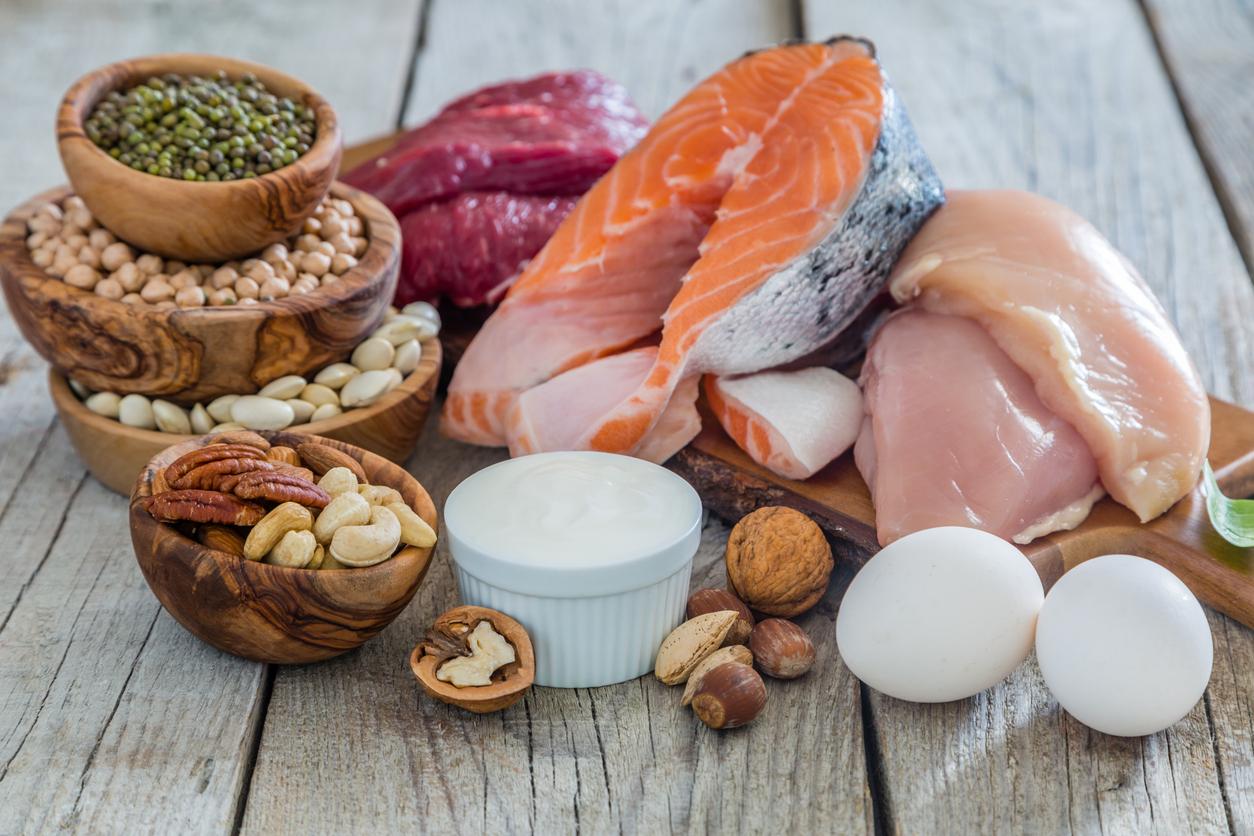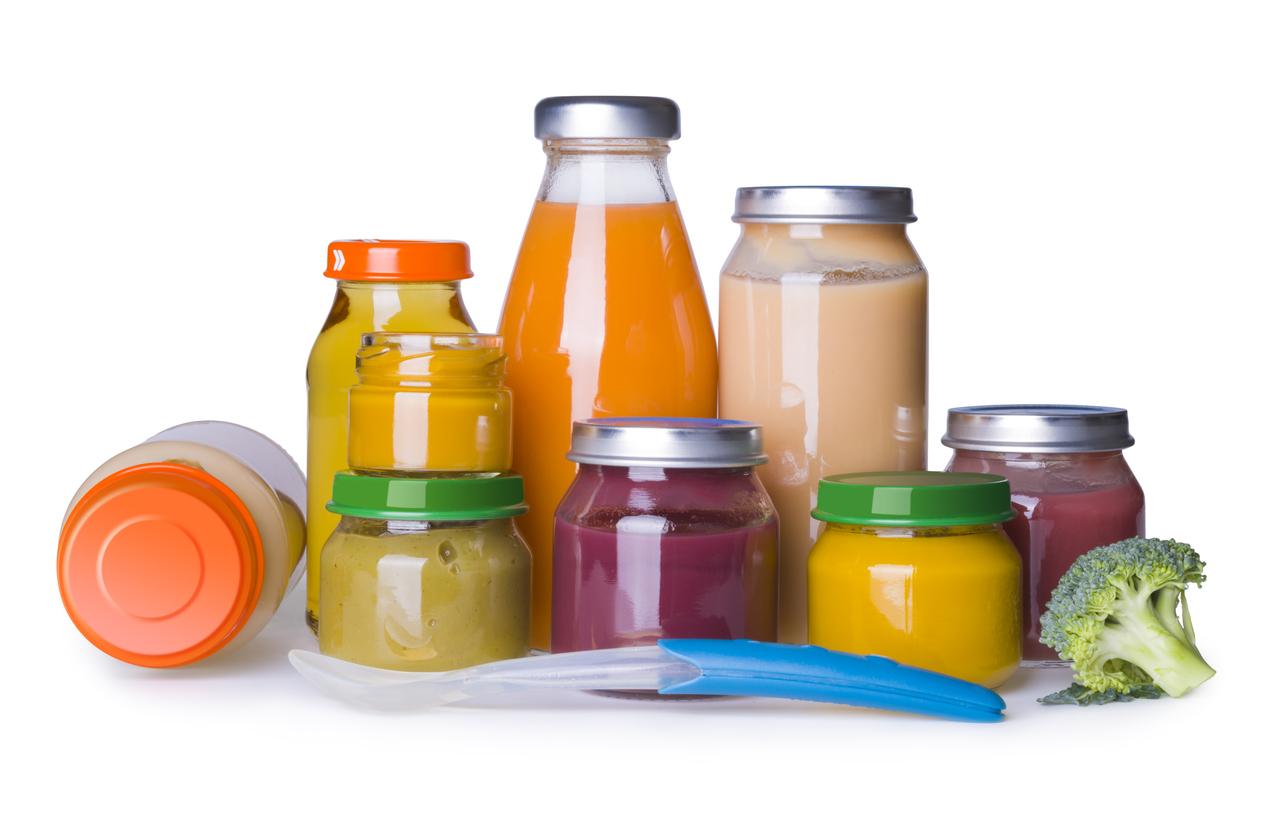Growth milk is not a necessity. According to the European Food Agency, this milk is no better than a balanced diet to provide nutrients.

“The use of growth milk does not add value compared to a balanced diet meeting the nutritional needs of young children in the European Union. This is what affirms an opinion of the European Food Safety Authority (EFSA).
Indeed, at the request of the European Commission, the experts of the group on dietetic products, nutrition and allergies of EFSA have just published online a general scientific opinion on the nutritional needs and food intakes of infants and children. young children of the European Union. They are particularly interested in growth milks, the theoretical benefits of which have divided experts for several years.
Deficiencies in omega 3, iron and vitamin D
Before assessing the potential benefit of certain foods, such as growth milks, these experts first attempted to analyze what nutrients children living in the European Union might possibly lack. Several nutrients have particularly attracted the attention of these specialists: two types of omega-3 fatty acids, iron and vitamin D. According to them, special attention in infant nutrition should be given to them to ensure a sufficient intake of some European children. However, to compensate for these possible deficiencies, EFSA considers that growth milks constitute only one of the possible solutions for infant feeding.
Effective alternatives to growth milk
EFSA experts used the analysis of 244 growth milks marketed in Europe to determine whether these products had particular advantages in meeting the daily nutritional needs of young children. The answer is no for these scientists. Compared to foods from a balanced diet, fortified or “growth” milk formulas would not provide “unique” benefits.
According to these European specialists, even if these milks “3th age ”enriched in particular with iron and essential fatty acids, are a good way to increase the intake of certain nutrients, there are however other alternatives. They cite in particular certain fortified cow’s milk, but also cereals, which are also fortified. Finally, these experts believe that supplementation or early introduction of meat and fish, followed by their regular consumption, may also be a solution. While the recommendations of the nutrition committee of the French Pediatric Society recommend replacing 2nd age milk with “growth” milk from 1 year and up to 3 years, this European opinion is therefore not entirely correct. in the same way.
Growth milks to be regulated?
Even if EFSA experts have just concluded that growth milks are not a “necessity” to meet the nutritional needs of young children. However, the European Commission plans to introduce specific provisions for these products into the legislation. Indeed, unlike the composition of 1st and 2nd age milks, given between 0 and 1 year, that of growth milks is not regulated. A group of specialists from EFSA is currently working on a series of recommendations to be provided to the European Commission regarding the essential composition of growth milks. This second opinion is expected in April 2014.
.















